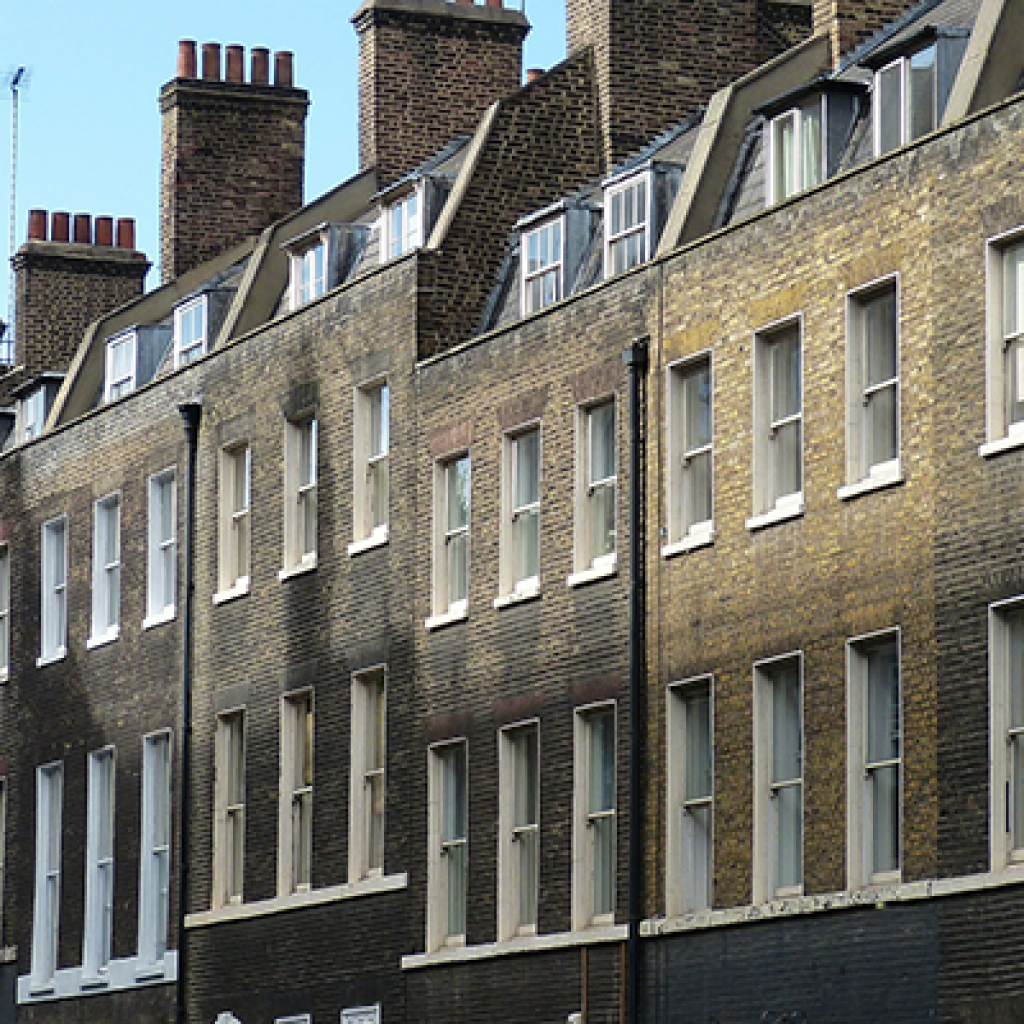Despite making large compromises on quality and serious cutbacks to save for a home, the proportion of tenants expecting to buy by the end of the year has halved compared to a year ago to less than 10%, according to the latest First-Time Buyer Opinion Barometer from Your Move and Reeds Rains.
In June, only 8% expected to buy before the end of 2015 – down from the 16% who said, in June 2014, that they expected to buy before the end of 2014. The survey also revealed that almost one-fifth of first-time buyers are willing to go without basic utilities in order to purchase a home.
When asked what features they would forgo in their first home, 20% of first-time buyers responded that they were prepared to purchase a property without electricity, while 19% were willing to overlook working plumbing and central heating.
The willingness of first-time buyers to compromise on the quality of their new home is confirmed when they were asked what condition of property they were looking to buy. The largest proportion – 45% – conceded they would accept a property of any condition, so long as it was within their budget. 15% of respondents even said they were actively seeking to buy a home which required renovation.
Home-ownership still remains the aim for most people in the UK, with 91% of tenants aspiring to be a home owner at some point within their lifetime. Recent reports, previously covered on Today’s Conveyancer, have demonstrated that housing demand is said to have reached an 11 year high. You would think the current boom in demand, combined with the desire to own a home despite its condition, would mean stepping onto the property ladder should be no mean feat.
So where is it going wrong?
Adrian Gill, Director of estate agents Your Move and Reeds Rains, comments: “As demand in the property market remains strong, first-time buyers are willing to accept a home in less-than-perfect condition.
“While the stats seem alarming at first glance, they’re a good sign for the housing market overall. The figures show that most would-be first-time buyers haven’t given up on the dream of property-ownership. Instead, they are sensibly adjusting their expectations and preparing themselves for some of the short-comings that may be present in a first home. Indeed, it may even be the case that some first-time buyers actively select properties with faded décor or faulty kitchens, judging that the reduction they can secure on the asking price is greater than the cost of any required renovation work.
“First-time buyers are also still taking advantage of Government-backed schemes, such as Help to Buy, while they last. Home-buying incentives are not going to be around forever – especially now the property market is beginning to stand on its own two feet. First-time buyers are more inclined to purchase a home now with support – even if it doesn’t match exactly to their specifications – than hold out for a more ideal property and risk the incentives expiring.”
With first time buyers seemingly willing to get their hands on any property that they can financially afford, Alistair Whyte, Partner at Coodes, questions the situation first time buyers are experiencing – stating: “First-time buyers are putting themselves in a position of greater moral, if not legal, responsibility for future care of parents by accepting funding from parents for the deposits required to finance the purchase, reducing the parents’ capital.
“Even sooner than this, accepting funding affects the parents’ lifestyle choices at a time of life when they might have been thinking they would have less financial commitment and ready access to savings.
“We have seen FTBs taking on two jobs to save enough money for deposits and many staying at home with parents to avoid rental costs for same reason.
“Whether FTBs are being coerced by market forces to accept New Build Housing of perceived lesser quality is a question of debate.”
June sees 7% monthly fall in first-time buyer transactions
There were 21,100 first-time buyer completions in June 2015, 7% lower than 22,700 in May and 27.2% lower than a year ago.
Meanwhile, the average purchase price of first-time buyer properties was £154,041 in June, a figure unchanged compared to a year ago and down 0.9% on a three-month basis. First-time buyer deposits averaged £25,926 in June, 1% less than a year before, but 2.8% higher than three months ago and 2.1% higher than last month’s average.
However, the latest Mortgage Monitor from e.surv revealed that the total number of high LTV house purchase approvals has rocketed 18% between May and June of this year and has grown 6% compared to June 2014. This suggests that the number of first-time buyer completions should return to growth over the summer months. For conveyancers, the revival of the of growth is encouraging
Adrian Gill concludes: “First-time buyer numbers have had a disappointing month, with little sign of the anticipated post-election bounce. Many would-be first-time buyers deferred their decision until after the Chancellor’s Summer Budget, one which essentially laid out the Government’s economic and housing policy for the next few years. However, deposit costs continue to rise – while this may be frustrating for those diligently saving to put a foot on the ladder, it is a positive reflection on the growth of wages and home values. More positively still, the surge in high LTV house purchase approvals should mean a rise in completions in the coming months. It’s a matter of waiting for the emerging signs of growth to filter through the property chain.”
Adrian Gills’ comments may leave conveyancers hanging in the balance, however judging by the report, prospects are looking slightly optimistic with reported growth and sheer determination from first time buyers.




















